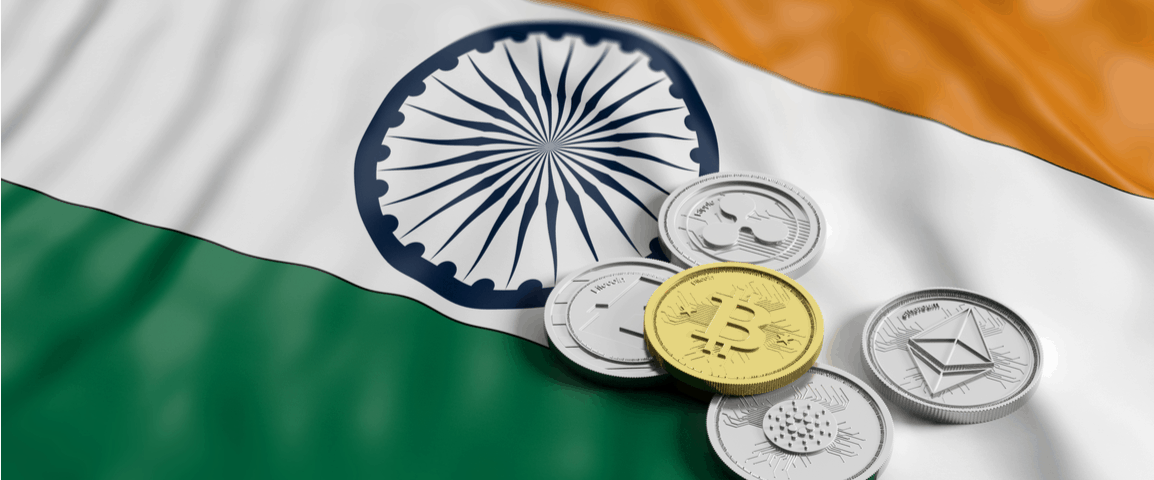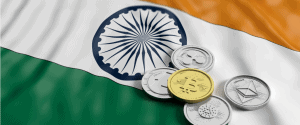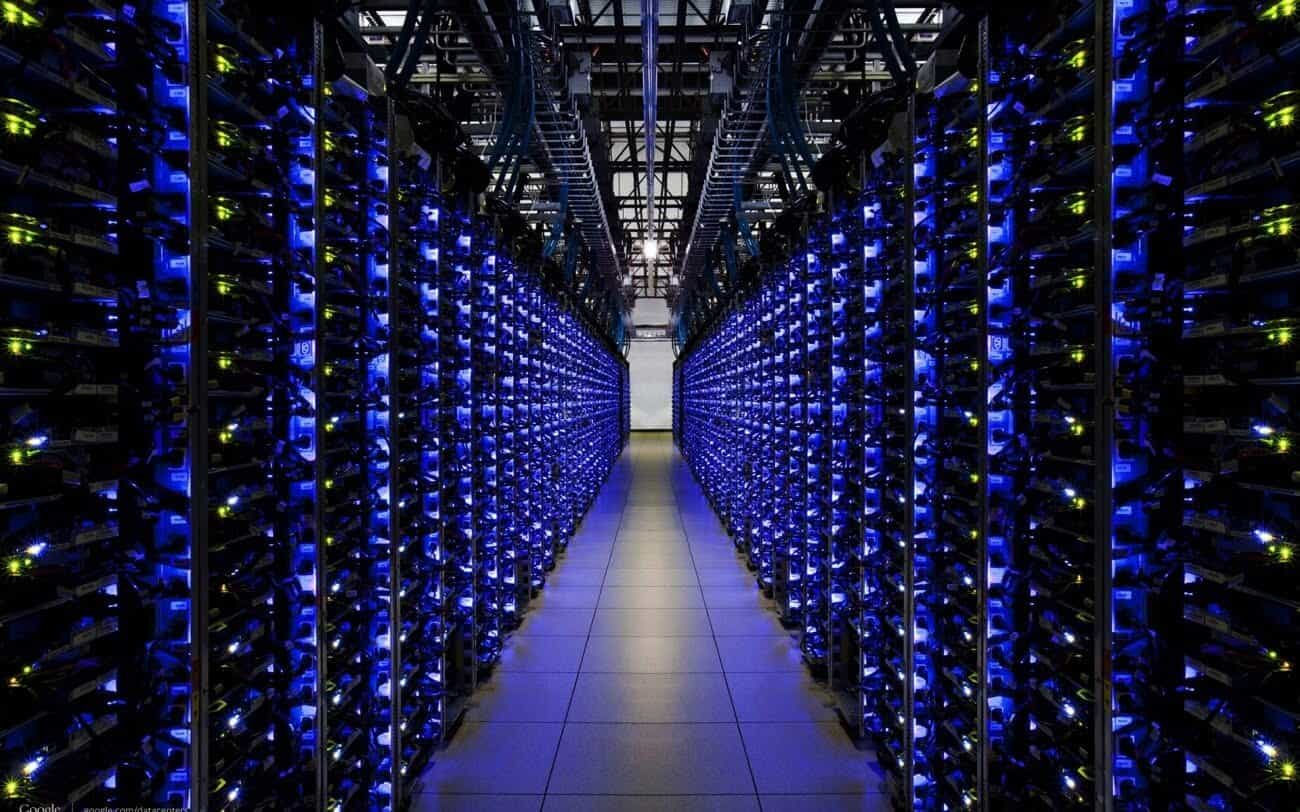Join Our Telegram channel to stay up to date on breaking news coverage
One of the biggest surprises of the year is India’s apparently gradual road back to embracing cryptocurrencies and blockchain technology.
The country, which is the third-largest economy in the world, has held out against cryptocurrencies in the past, with the government directing commercial banks across the nation not to do business with companies in the crypto space. However, several activities across the nation have indicated that the Modi administration might be getting ready to switch its stance- even if a little bit.
India’s Arduous Voting Process
Recently, India TV News reported that the Indian Election Commission has collaborated with the Indian Institute of Technology Madras, one of the country’s top technical institutes, to develop a blockchain-based voting system that will help to increase voter turnout. According to the report, the new platform is in line with the government’s mission to help improve the integrity of elections- a problem which the government is deeply disturbed about, in ensuring free and fair elections.
Besides being the world’s third-largest economy, India is the most populous nation in the world, with 1.3 billion registered citizens. In last year’s elections, the country had 900 million eligible voters- a number that roughly represents about an eighth of the world’s total population. India’s elections have been seen by many as the largest exercise in democracy in human history.
However, the sheer number of registered voters is just one of the main problems India’s election faces. In the country, polling stations need to be set up everywhere- in the country’s rural Westward cities, the Southern coastal region, and in the jungles that form its eastern border. Every Indian citizen is expected to be within 2km of a voting station. The ambitious project means that India has an election month- unlike other countries that have just one day (or, in the most extreme cases, a couple of days).
Blockchain Will be Part of Democratic History
With the blockchain platform, however, it could all change. As the news source explained, the platform will be a two-way blockchain remote voting process that will require voters to be present at a predetermined venue. Once a vote is cast, a smart contract is executed, and the ballot will be encrypted. A blockchain hashtag is generated in this process, and candidates- along with their political parties- will get notified.
Senior Deputy Election Commissioner Sandeep Saxena also commented on the increased convenience that this platform could provide.
As for the prospect of cryptocurrencies gaining entry into the country, the case is still being debated. The Internet and Mobile Association of India (IMAI) is currently in the midst of a legal battle with the Reserve Bank of India (RBI) over last year’s ban on banks serving crypto businesses.
Join Our Telegram channel to stay up to date on breaking news coverage


